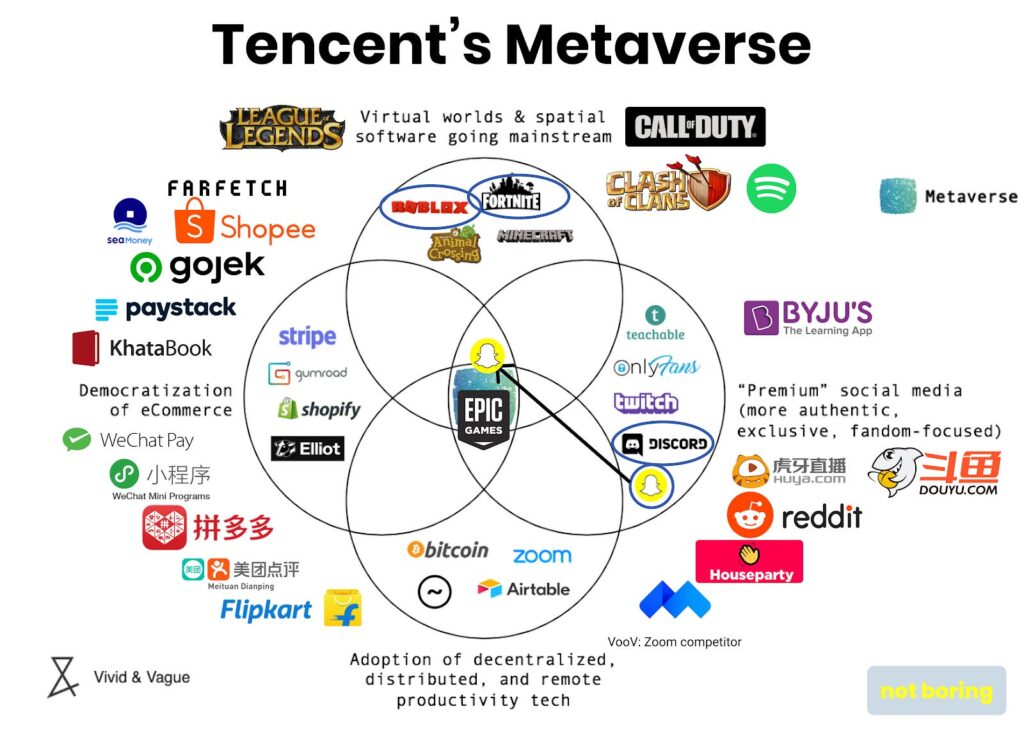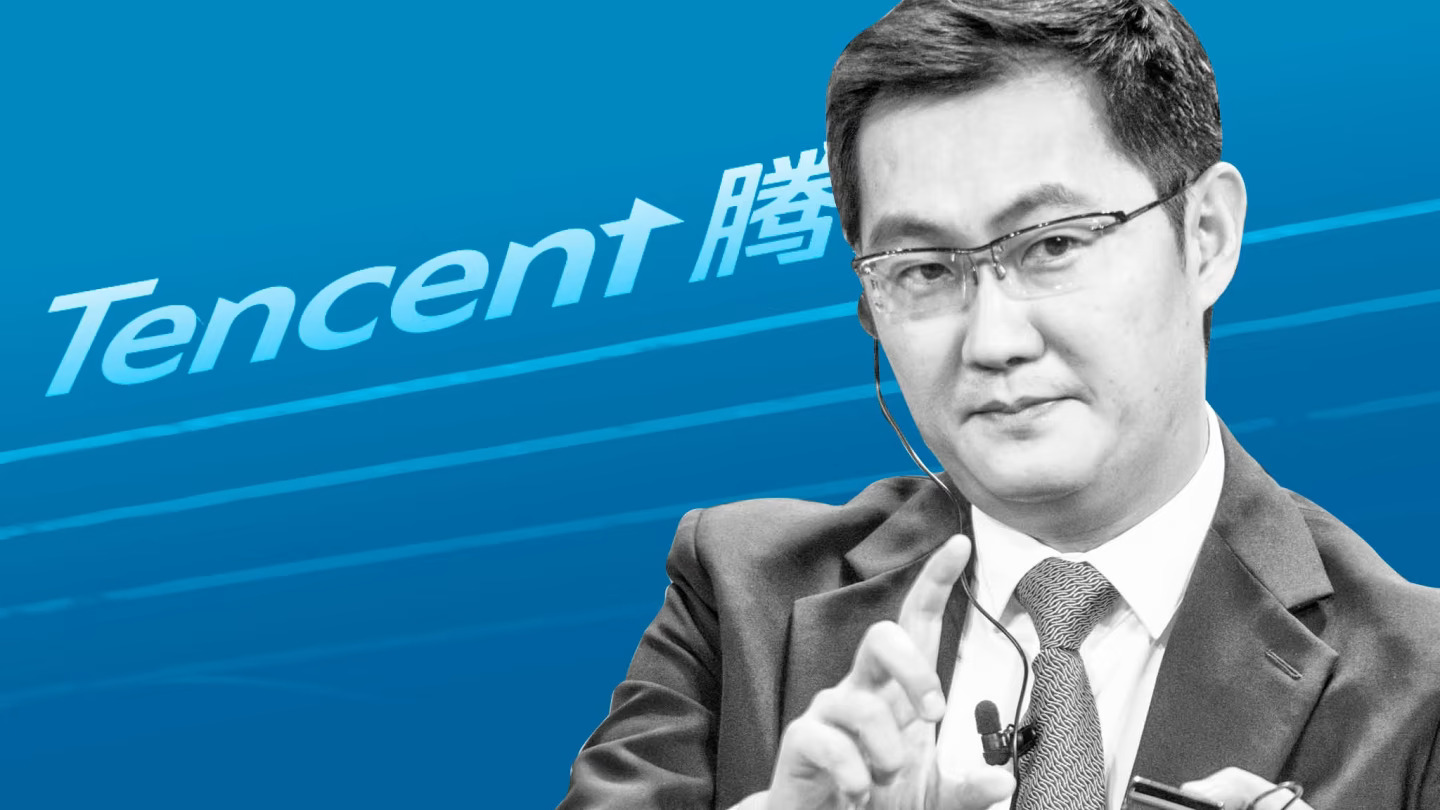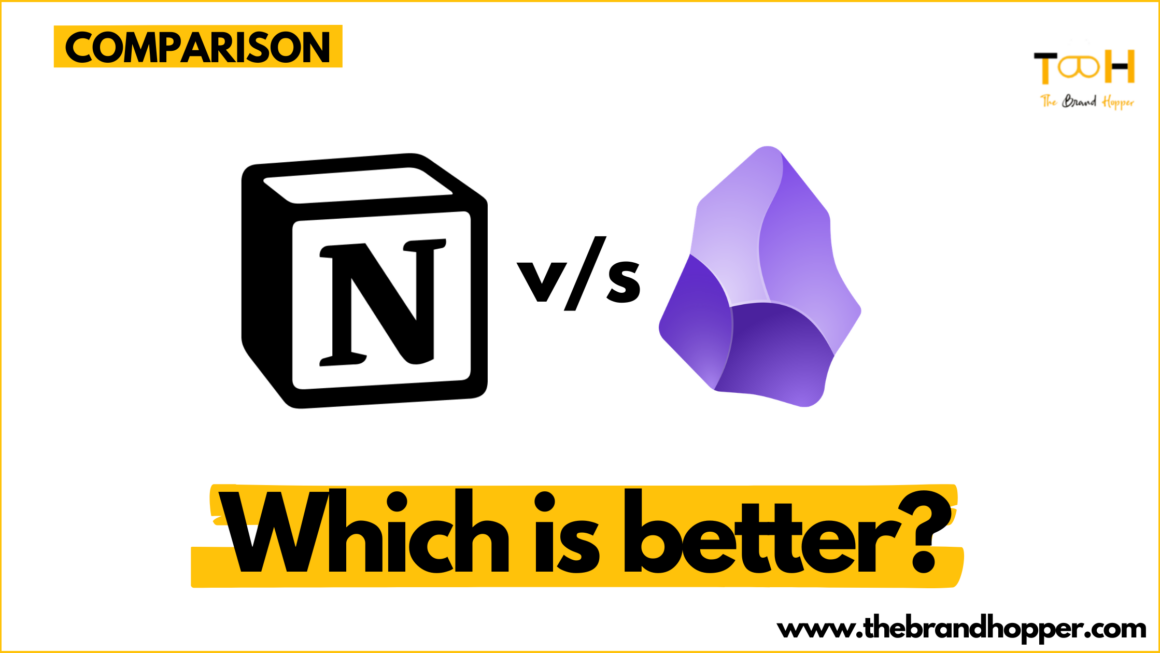In the vast, complex world of technology, few stories are as compelling as that of Tencent and its founder, Pony Ma (Ma Huateng). What began as a modest venture in China has transformed into a global tech powerhouse, with Tencent’s flagship product, WeChat, becoming an integral part of daily life for millions. But behind this success lies a story of determination, innovation, and navigating a political landscape that is as challenging as it is unforgiving.
The Quiet Beginnings of a Tech Visionary
Pony Ma was born in 1971 in the bustling city of Shantou, Guangdong Province, China. From a young age, Ma was known as a quiet, unassuming child, often lost in his thoughts. His father, who worked as a port manager in Shenzhen, instilled in him the values of hard work and perseverance. Despite his reserved nature, Ma displayed an early affinity for technology and the sciences, which eventually led him to study computer science at Shenzhen University.

Ma’s journey into the tech world began in earnest during his university years. While still an intern, he developed and sold his first app, a modest beginning that hinted at his future potential. After graduating, Ma joined China Motion Telecom Development as a software lead, specializing in internet-based communication services. It was here that he honed his skills, learning the intricacies of the rapidly evolving tech industry.
The Birth of Tencent: From Dorm Room to Dominance
In 1998, driven by a vision of creating something larger than life, Ma co-founded Tencent with a group of former classmates. They began with an instant messaging service, OICQ, modeled after the popular ICQ. However, their journey was anything but smooth. In the early days, Tencent faced numerous challenges, from legal battles with AOL over the OICQ name to financial struggles that nearly sank the company.
Yet, Ma’s determination never wavered. He and his team worked tirelessly, even resorting to populating chat rooms themselves to attract users. Their persistence paid off as OICQ (later renamed QQ) gained popularity, particularly among the youth frequenting internet cafes across China. Within a year, QQ had over a million users, setting the stage for Tencent’s rapid growth.
Growing Pains and the Rise of WeChat
Despite QQ’s success, Tencent faced significant financial pressure. The company struggled to keep up with operational costs, and the search for sustainable revenue streams became paramount. Tencent struck gold by partnering with telecom providers, allowing QQ to be used on mobile devices. This move not only stabilized the company but also paved the way for its next big innovation: WeChat.

Launched in 2011, WeChat started as a simple messaging app but quickly evolved into something much more. With features like voice messaging, payments, and social networking, WeChat became China’s first “super app,” integrating various aspects of online life into a single platform. The app’s user base exploded, and by 2013, Tencent’s market cap had soared to $100 billion.
Navigating Political Minefields
Tencent’s meteoric rise was not without its challenges. The company found itself navigating a complex political landscape, both domestically and internationally. In China, Tencent has often been seen as a tool of the state, accused of complying with government censorship and surveillance demands. Internationally, WeChat has faced scrutiny over its ties to the Chinese government, leading to bans in countries like India and Russia and legal challenges in the United States.
Despite these hurdles, Tencent has continued to expand its influence. The company has invested heavily in global tech firms, including stakes in Tesla, Snapchat, and several video game giants. By diversifying its portfolio, Tencent has not only secured its position in the tech world but also insulated itself from the volatile political environment at home.
The Global Expansion: Video Games and Beyond
While WeChat remains Tencent’s flagship product, the company has also made significant strides in the video game industry. Tencent now owns a majority stake in Riot Games, the creators of the immensely popular League of Legends, and a substantial share in Epic Games, the makers of Fortnite. These investments have made Tencent the largest video game publisher in the world, with gaming revenue accounting for a significant portion of the company’s profits.

But Tencent’s ambitions don’t stop there. The company is venturing into new territories like cloud computing, artificial intelligence, and even autonomous vehicles. These moves are part of Tencent’s strategy to stay at the forefront of technological innovation, ensuring its relevance in an increasingly competitive global market.
The Future of Tencent: Challenges and Opportunities
As Tencent continues to grow, it faces a unique set of challenges. The Chinese government’s recent crackdowns on tech companies have raised concerns about the future of giants like Tencent. The company has already faced fines and regulations aimed at curbing its influence, particularly in areas like video gaming and social media. These challenges, coupled with increasing international scrutiny, mean that Tencent must constantly adapt to survive.
However, with these challenges come opportunities. The global shift towards digital services, especially in the wake of the COVID-19 pandemic, has created new markets for Tencent to explore. The company’s investments in emerging technologies like AI and blockchain position it well for future growth, both in China and abroad.
Conclusion: A Legacy of Innovation and Resilience
Pony Ma’s journey from a quiet, unremarkable child to the head of one of the world’s largest tech companies is a testament to the power of innovation and resilience. Under his leadership, Tencent has not only transformed the tech landscape in China but has also made a significant impact on the global stage. As the company continues to navigate the complexities of the modern tech world, one thing is certain: Tencent is here to stay, and its influence will only grow in the years to come.
In a world where technology is constantly evolving, Tencent’s story is a reminder that with the right vision and determination, even the most daunting challenges can be overcome. As Tencent continues to push the boundaries of what is possible, the world will be watching to see where Pony Ma and his company go next.
Also Read: Tencent: From Instant Messaging to Global Gaming Dominance
To read more content like this, subscribe to our newsletter




